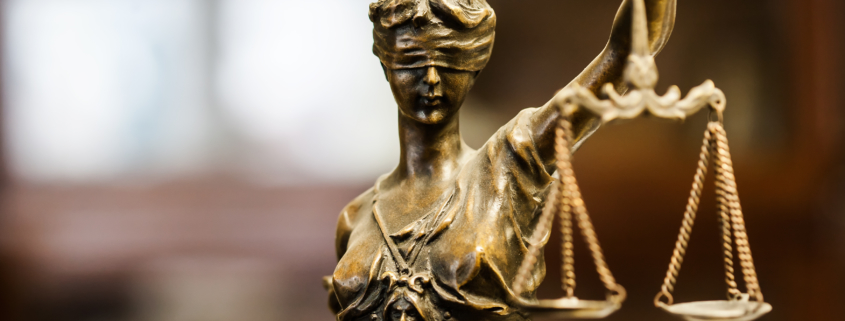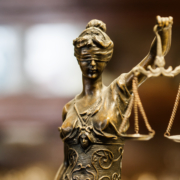Clients here in Mississippi often ask whether it is worth it financially to be a whistleblower. There certainly are risks involved, but in return for taking the substantial risks sometimes required to expose fraud, the whistleblower may receive a significant percentage of any funds the government recovers. In May, the government recovered $111 million in a whistleblower case and the four individuals who bravely exposed that fraud are entitled to up to a third of that amount. Because of the significant size of this recovery, I am going to use it as an example in the following blog post.
The Federal False Claims Act
The claim in this $111 million recover was brought under the Federal False Claims Act (31 U.S.C. §§ 3729-3733), a law that penalizes individuals and companies that are convicted of defrauding the government. The False Claims Act created during the Civil War and signed by Lincoln to root out companies that were taking financial advantage of the war effort.
Health Care Fraud at the Center of this False Claims Act Case
The health care industry is increasingly at the center of False Claims Act cases, as the government, through programs such as Medicare and Tricare (health programs for low income and military individuals, respectively) are often paying the lion’s share of payments to healthcare companies. That was the case here, as the allegation was that a medical testing lab called Health Diagnostics Laboratory and a consulting company called Blue Wave Healthcare paid a kickback to doctors who sent patients to them for unnecessary testing. A “kickback” occurs when a private party, here a doctor, receives some payment or gift in exchange for steering a client or patient towards another provider. Kickbacks are prohibited under the False Claims Act; that federal law comes into play when the federal government is paying for patient’s care through a program such as Medicare or Tricare. In essence, the kickback defrauds the government by steering a patient towards a certain provider without regard to quality or price. Here, the fraud was made more serious by the fact that the treatments were not even necessary.
Four different whistleblowers brought claims against the companies regarding different illegal practices. This is also a bit unusual, as usually only the “first to file” is entitled to any settlement, not those who bring claims later. However, each whistleblower in this case brought unique claims to the government’s attention. The named plaintiff, or “relator” in whistleblower terms, was Scarlet Lutz, and her story is a good example of how someone can inadvertently become a whistleblower. Ms.Lutz was not looking for fraud and simply ran a billing company associated with the defendants. However, due to an anonymous tip, she became aware of billing practices suggesting that fraud was occurring. Like Ms. Lutz, all of the relators in this matter were external; the other three ran competing testing labs that lost business because they were not paying kickbacks.
What Should You Do if You are Considering a Whistleblower Claim?
Do you know about fraud or other serious financial misconduct occurring in a health care context like the one described above? Are you considering filing a whistleblower case? To protect your career and family and to attain your compensation, you will require the help of an experienced whistleblower attorney.
Call Barrett Law now at (800) 707-9577 if you think you may be a whistleblower.
The experienced Mississippi Whistleblower Lawyer at Barrett Law can provide you with the advice you will need to file a successful False Claims Act case. Having expert legal advice by your side can mean the difference between receiving your share of a whistleblower judgment and losing your career and livelihood. Call us today.




